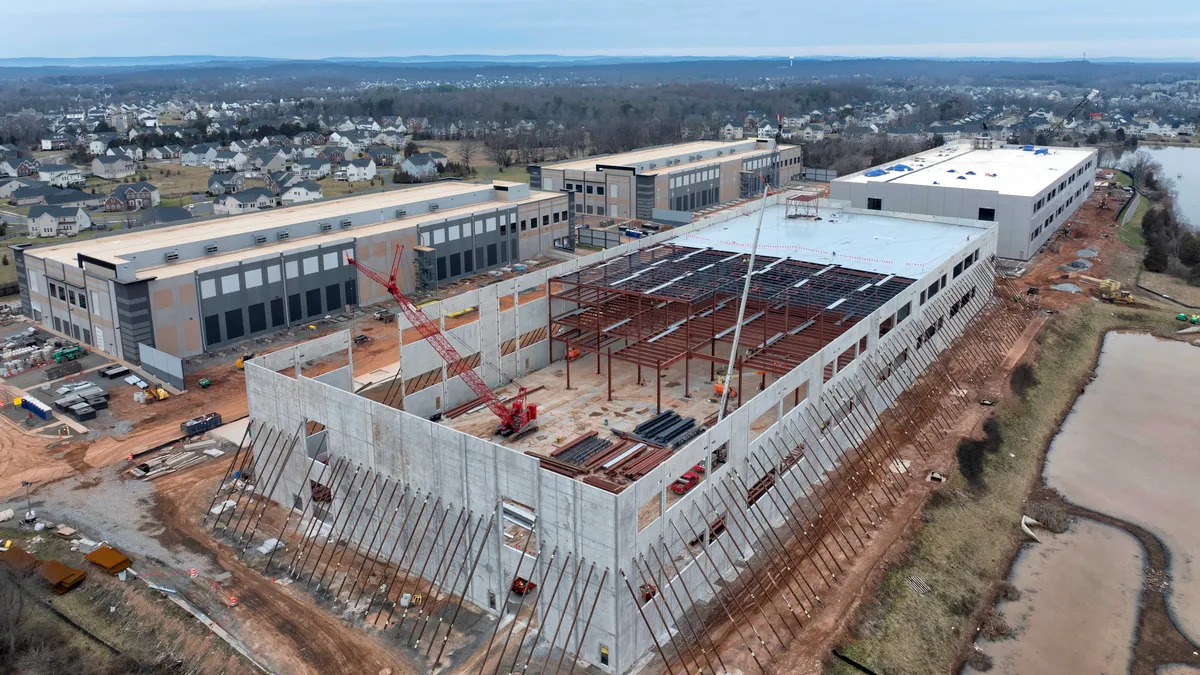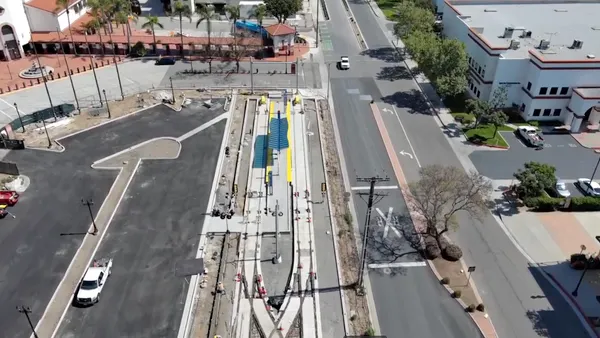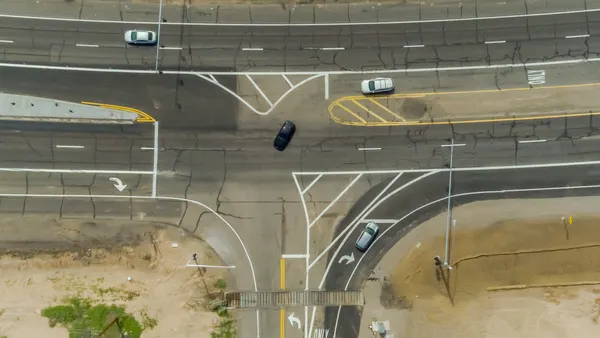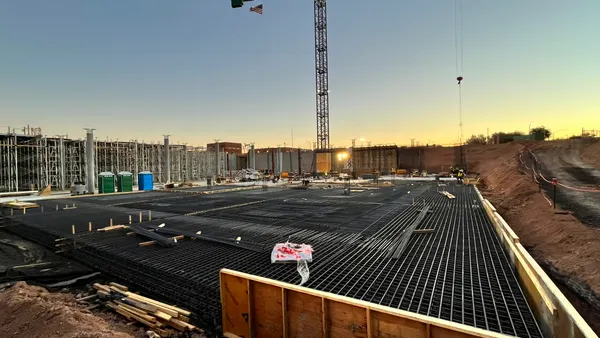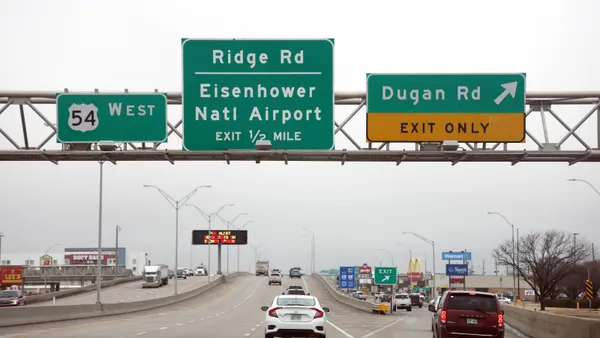Dive Brief:
- A new Bipartisan Policy Council-led coalition will advocate for public and private investment in what it said is a $3.3 trillion infrastructure need in the U.S., according to Engineering News-Record.
- The Coalition to Modernize American Infrastructure stated that federal funding should be "sustainable" and that the ambiguity of U.S. spending policy has a negative effect throughout the system.
- Coalition representatives said the group — which includes the U.S. Chamber of Commerce, North America's Building Trades Unions and other organizations — wants to help "continue the momentum" that has been building around infrastructure over the last few years, in particular since President Donald Trump made it a part of his campaign.
Dive Insight:
Coalition representatives said many infrastructure projects could be solid investments for pension funds and other investment groups, but that agencies need to expedite permitting and other regulatory processes to speed up delivery. One action by the new president that the coalition likely welcomed was his executive order directing federal agencies to streamline and expedite regulatory reviews on critical infrastructure projects.
The $3 trillion gap outlined by the coalition is triple that of the preliminary plan offered by the Trump administration and highlights a need for federal spending, while the Trump camp has focused on leveraging private dollars. Trump staffers have reportedly compiled a list of high-priority infrastructure projects as a first step toward getting major initiatives underway.
However, Democrats have already pushed back against the prospect of leaving critical assets mainly to the private sector. One of their arguments is that while investors are sure to snatch up revenue-generating projects in return for an 82% tax break, those without profit potential will be forgotten. On the flipside, however, Republicans have already warned they will block attempts at creating a federal taxpayer-backed stimulus plan.
Earlier this month, the need for increased infrastructure spending became even more apparent with the release of the American Road and Transportation Builders Association's latest U.S. bridge study. Although ARTBA found that the number of structurally deficient bridges had decreased by 2,000 in the last year, the count was still high at 55,710. Experts estimated that it would take approximately $700 billion to make all the necessary repairs to the bridges on the list.



